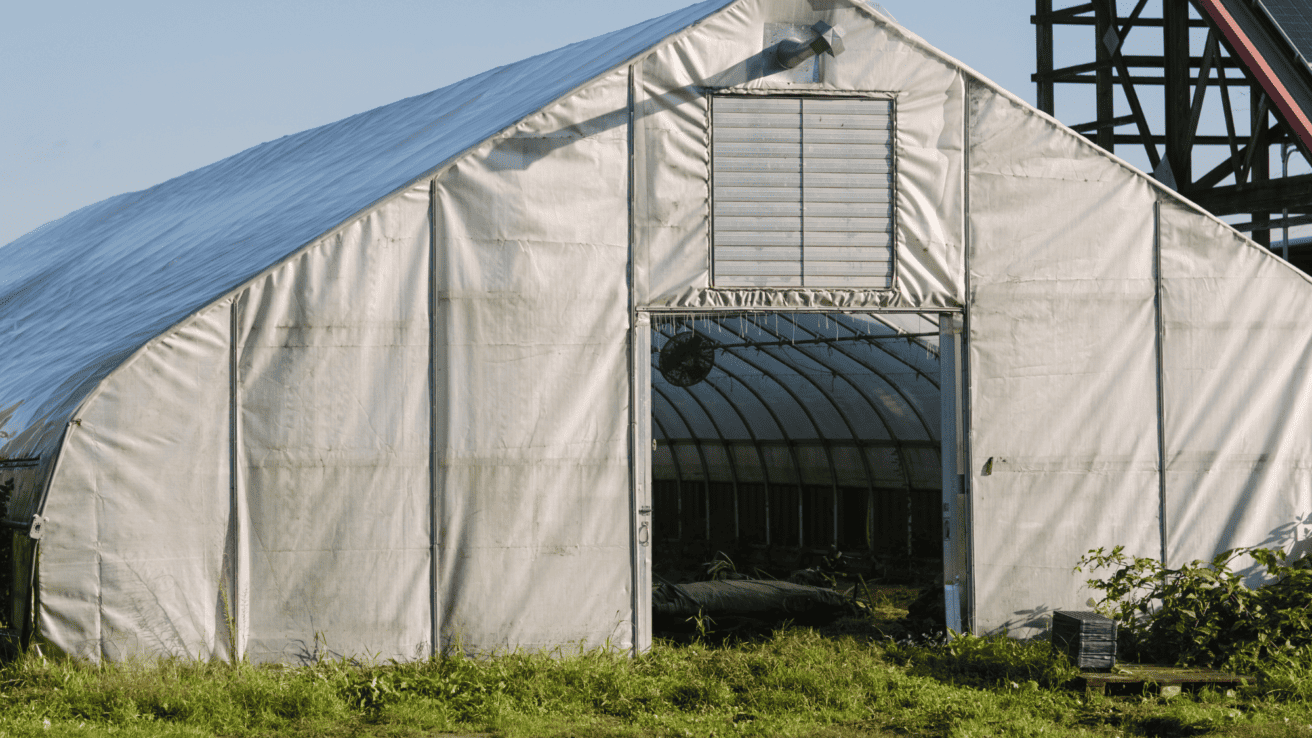Understanding the Farm Bill

What is the Farm Bill and how can it help us address food insecurity and the climate emergency?
What is the Farm Bill? Why does it matter?
The Farm Bill is an “omnibus” bill. That means it contains many pieces of legislation and addresses funding for a wide range of areas related to food in the United States. It includes things like food waste reduction, nutrition programs, support for farmers in the wake of natural disasters, and more.
Congress revisits the Farm Bill every five years, negotiating what to keep, what to modify, and how to fund the activities and programs that are a part of it. And, with the current Farm Bill expiring this year, negotiations around a new Farm Bill are ongoing – and often fraught with partisan debate (enter: the fight for important funding for SNAP at a time when food costs and food insecurity are at all-time highs.).
Food Waste in the Farm Bill: What we’re watching
While funding for nutrition programs, like SNAP, makes up more than three-quarters of Farm Bill funding (Civil Eats), it also includes federal funding for food waste diversion and reduction, and related strategies like food recovery and composting. Wasted food was addressed in the Farm Bill for the first time in 2018 – an important first step towards ensuring that good food does not end up in landfills and that more of it is available to be recovered and distributed to people who need it. Among other things, the 2018 Farm Bill included two important wins for food recovery: a new USDA Food Loss and Waste Reduction Liaison position that coordinates federal food waste reduction efforts and authorization to clarify liability protections for food donors as a way to increase food recovery (CHLPI). That latter measure resulted in the Food Donation Improvement Act.
Since then, advocates have worked to leverage that energy around the issue of wasted food, pushing for additional pathways to food recovery. The NO TIME TO Waste Act, as one example, has great potential to expand support for food recovery if it makes the 2023 Farm Bill. The bipartisan NO TIME TO Waste Act would enhance federal coordination around wasted food and create an entire Food Loss and Waste team within the USDA. The bill would also support education and awareness efforts related to wasted food.
What else?
The latest Farm Bill gives us an opportunity to reduce confusion around date labels. Close to half of the food that goes unsold or uneaten in the US each year is the result of residential food waste (ReFED), and much of that can be attributed to food date label confusion (ReFED) – tossing perfectly good food before we have to! The Food Date Label Act of 2023 would standardize and simplify food date labels. Rather than trying to understand the meaning of date labels such as “best by,” “enjoy by,” “use by,” “sell by,” and so on, it would create a simplified, uniform, and well-defined approach that tells us when food is still good to eat.
Opportunities for action
Continued negotiation and a vote on the Farm Bill have been delayed (a condition of the partisan debate we mentioned earlier). While we’re eager to see the negotiations and the vote happen soon, this delay does give those of us who care about the issues of wasted food and food insecurity some extra time to make our thoughts known to lawmakers. E-mail or phone your legislators (find out who yours are here) today and let them know that you want to see comprehensive support in the Farm Bill for measures that reduce wasted food, tackle food insecurity, and mitigate the harmful effects that wasted food has on our planet. Tell your elected officials that the NO TIME TO Waste Act and the Food Date Label Act of 2023 are two important pieces of legislation that do just that.
You can also spread the word about the impact of these proposed laws and encourage your network to speak out to their own legislators. The more people are aware of the issue of wasted food and its impacts on the health of people and the planet, the more momentum we can build for change. Follow Spoonfuls on social and sign up for our Advocacy Alerts to stay in the loop.
What else can I do?
Sign up for Advocacy Alerts! If you want to be kept in the loop whenever there’s a call to make or an e-mail to write related to one of our Advocacy Priorities, receiving Advocacy Alerts is a great step to take to stay informed.